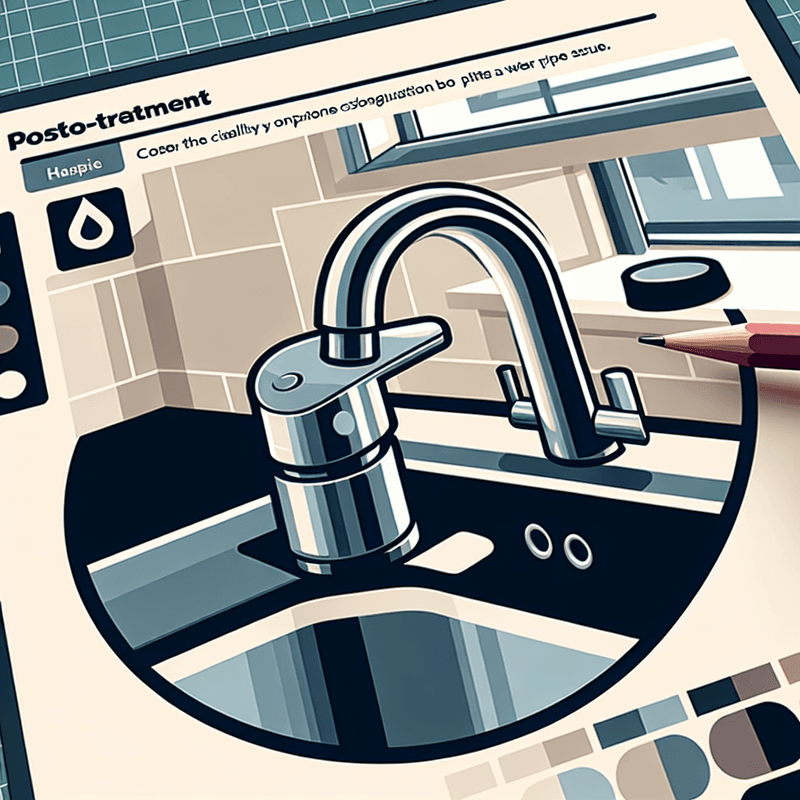Have you ever touched a radiator expecting a comforting wave of warmth, only to find it tepid or cold in places? Uneven heating in radiators is a common issue in many households, causing not just discomfort but also increased energy usage and costs. This post delves into why this happens, how you can identify and resolve the issue yourself, and when it’s time to call in a professional.
The Common Culprit: Air in the System
One frequent cause of uneven heating in radiators is the presence of air trapped within the system. Air can enter the system during maintenance, or it might simply build up over time. When there’s air in a radiator, it rises to the top, preventing hot water from filling the entire radiator, which leads to uneven heating.
Identifying the Problem
You can generally tell that air is trapped in your radiator if the bottom feels warm while the top remains cool. Another telltale sign is a gurgling sound, which indicates that air is displacing water inside the radiator.
The DIY Solution: Bleeding Your Radiator
Bleeding a radiator is a straightforward task that most people can handle themselves. Here’s how you can do it:
1. Ensure your heating is turned off and your radiators are cool.
2. Locate the bleed valve. It's usually found at the top corner of the radiator.
3. Place a cloth or tray under the valve to catch any drips.
4. Use a radiator key or a flat-blade screwdriver to turn the valve counterclockwise. You should hear a hissing sound as the air escapes.
5. Once water starts to leak out, close the valve by turning it clockwise.
Checking the Pressure of Your Boiler
After bleeding your radiators, it’s crucial to check the pressure gauge on your boiler. Bleeding can cause the pressure to drop. If it’s too low, you might need to repressurise your boiler, which usually involves opening a valve to let more water into the system.
The Uneven Flow: Balancing Issues
Another reason your radiator might not be heating up evenly across the house is imbalance in the system. This occurs when radiators closest to the boiler get too much hot water, leaving distant radiators under-heated.
How to Balance Your Radiators
Balancing radiators often involves adjusting the valves to ensure each radiator receives the right amount of hot water. It’s a bit more complex than bleeding and might require more precise adjustments:
1. Fully open all radiator valves, including thermostatic radiator valves.
2. Turn your heating on and note which radiators heat up the quickest.
3. Starting with the fastest heating radiator, begin to slightly close its lockshield valve until all radiators warm up at a more balanced rate.
4. It might take a few attempts to get right, so patience is key.
Sludge Build-Up: The Silent Trouble Maker
Over time, radiators can accumulate internal deposits known as sludge, which can impede water flow and heat distribution. This is particularly common in older systems.
Flushing Out Sludge
A professional should handle flushing, as it involves removing all water and debris from your radiators and pipes. A chemical flush or a more thorough power flush will often resolve persistent heating issues.
Long-term Maintenance
Regular maintenance is essential. Having your boiler and radiators checked annually by a professional can help keep them in optimal condition. Additionally, consider installing magnetic filters to capture any sludge before it enters your radiators.
Know When to Call a Professional
While bleeding and balancing radiators are manageable DIY tasks, some issues, like sludge build-up or persistent imbalance, require professional intervention. If you've tried the above steps and your radiators still aren't heating up properly, it might be time to call a certified heating engineer.
Conclusion
Dealing with a radiator that doesn’t heat up evenly can be frustrating, but often, the resolution can be quite straightforward. Simple steps like bleeding your radiators or adjusting the balance can make a significant difference. However, remember that prevention through regular maintenance is key. If problems persist, don’t hesitate to seek professional help, ensuring your home remains warm and your heating system efficient.





